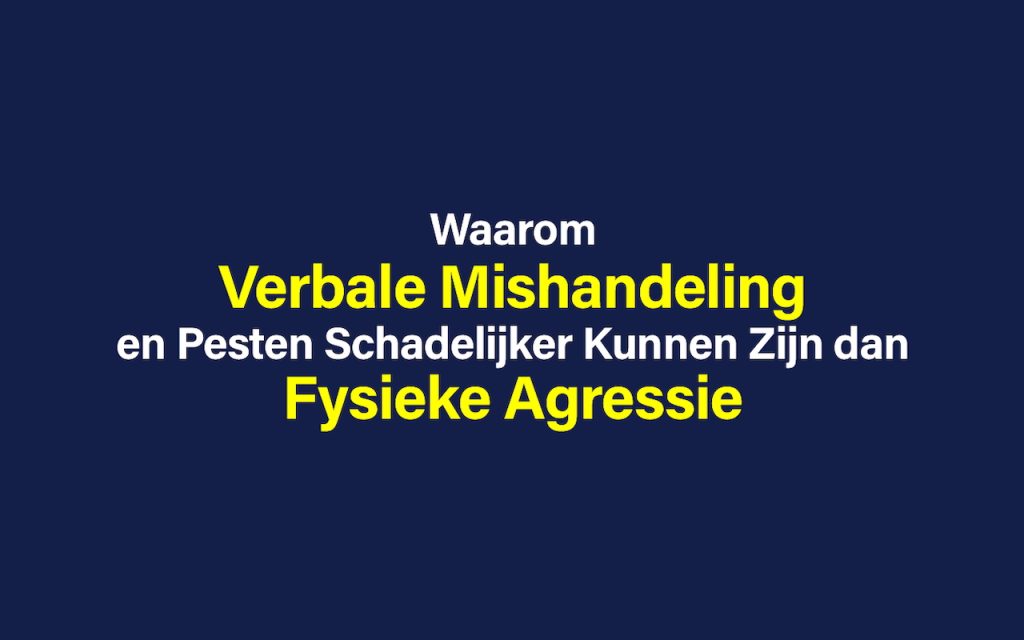
In a society increasingly reliant on communication, words have a power that is often underestimated. While physical aggression is immediately visible, verbal abuse or bullying can have a deeper, longer-lasting impact on individuals. In cases where verbal abuse leads to public instigation and drives people to extremes, it is essential to recognize the danger of words and take responsibility for their effects.
The Invisible Wounds of Words
Verbal abuse can leave invisible scars that go deeper than physical wounds. Research shows that:
- Psychological Impact: Verbal attacks can lead to anxiety, depression, and loss of self-confidence.
- Long-term Damage: The effects of words can last for months or years, often with greater consequences than a single physical attack.
- Social Isolation: Bullying and instigation create an environment in which the victim feels alienated and unwanted.
Instigation: The Dangerous Spark
When verbal aggression is given a platform through social media or public statements, it can escalate tensions in society. People who are constantly exposed to verbal abuse, rumors, or public humiliation may end up reacting out of frustration or anger. While we do not promote any form of violence or aggression, it is important to understand how instigation can create a dangerous cycle of reactions.
- Provocation: When someone is publicly provoked or blackballed, it can test the limits of their tolerance.
- Physical Response: In extreme cases, a person may react physically as an immediate emotional outburst after sustained provocation.
- Responsibility: The person instigating must understand that their actions may have consequences and that the responsibility does not lie entirely with the person responding.
The Instigator's Responsibility
Words have power, and with that power comes responsibility. A person who publicly provokes or attacks others must be aware of the potential consequences. Instigation can lead to escalation, and while a physical response is never the right solution, it is important to recognize that such reactions sometimes stem from built-up emotional stress.
- Watch your words: If you provoke others publicly, you must be prepared for possible reactions.
- Be responsible: Instigation contributes to the escalation of conflict. The one who stokes the fire bears some of the blame.
No Apology for Violence
While it is important to understand how instigation can lead to reactions, it is crucial to emphasize that no form of violence is justified. The response to words should always be in words, and conflicts should be resolved peacefully.
What should not be ignored, however, is that verbal abuse and public instigation can be just as destructive as physical aggression. In a world where everyone has a public platform, we must all take responsibility for what we say.
Conclusion: Words Have Consequences
Verbale agressie en pesten zijn niet zomaar “woorden”. Ze kunnen de mentale en emotionele gezondheid van een persoon verwoesten en in extreme gevallen leiden tot fysieke confrontaties. Wie woorden als wapen gebruikt, moet begrijpen dat dit gevolgen kan hebben – niet alleen voor hun doelwit, maar ook voor henzelf.
Responsibility begins with ourselves. When we instigate, provoke, or bully, we contribute to a toxic dynamic that only leads to harm. As a society, we must learn that respect and empathy are the only way forward. Because words, once spoken, can be as destructive as any action.